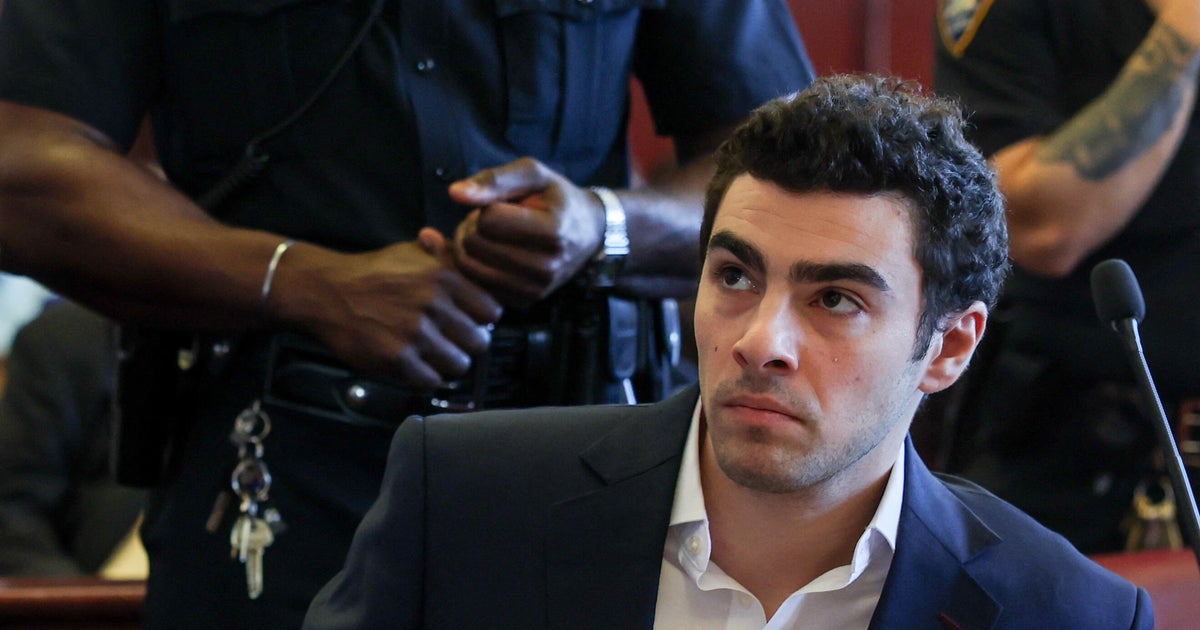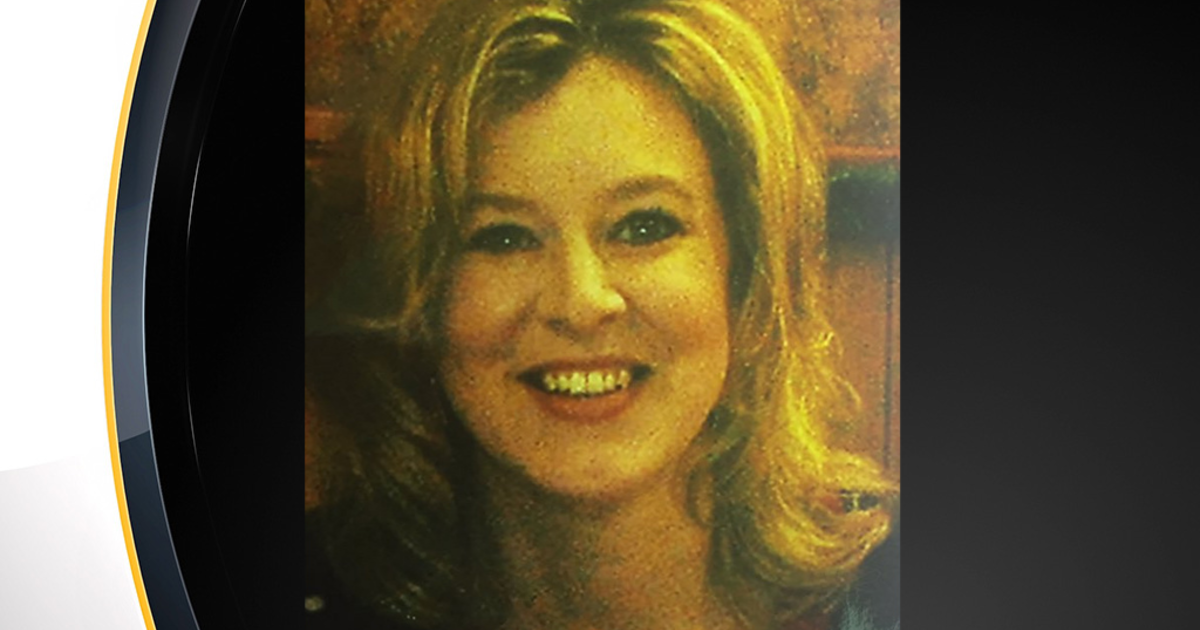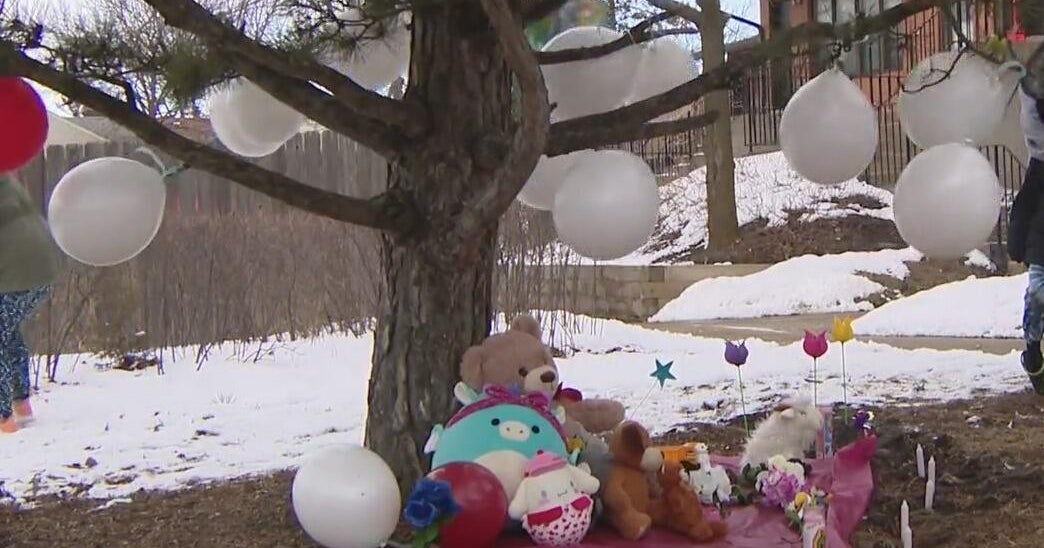Suburban Prosecutors: Wrongful Convictions Far Less Likely Today
CHICAGO (CBS) -- Suburban prosecutors say they are satisfied that it is now a lot more difficult for someone to be wrongfully convicted of a crime than it was years ago.
As WBBM Newsradio Political Editor Craig Dellimore reports, a study by the National registry on Exonerations lists 873 people wrongfully convicted of crimes – mostly homicides – from 1989 through February of this year.
LISTEN: WBBM Newsradio Political Editor Craig Dellimore reports
Podcast
The number is troubling, but DuPage County State's Attorney Robert Berlin and Kane County State's Attorney Joseph McMahon say scientific evidence like DNA -- and new attitudes -- have reduced the problem.
"The chance these days for an exoneration, or for charging someone who didn't commit a crime are greatly reduced by what we've learned," Berlin said.
"One of the things that we've learned over the last 15, 20 years is that we have a responsibility to look at evidence as it comes in – whenever it comes in," McMahon said.
McMahon credits such practices as videotaped interrogations, and scientific evidence such as DNA, makes it less likely that someone will be convicted of a crime these days.
Berlin adds that prosecutors are also aware of the possibility of a false confession.
"In the past, it was more of a tendency for prosecutors to accept a confession and proceed on those cases without further investigation, and I think that that whole attitude and that culture has really changed," Berlin said.
Decades ago, DuPage County was the venue for one of the most infamous cases of wrongful conviction in Illinois history.
In 1984, three men – Rolando Cruz, Alejandro Hernandez, and Stephen Buckley – were charged with the rape and murder of 10-year-old Jeanine Nicarico in Naperville the year before.
A jury deadlocked on Buckley, and charges against him were later dropped. But Cruz and Hernandez were convicted and sentenced to death in March 1985.
They won a new trial three years later and Hernandez was sentenced to 80 years in prison, but Cruz was sentenced to death again. Meanwhile, prosecutors declined to look into a claim by another man, Brian Dugan, who claimed to have killed Jeanine.
But the case pressed on, and allegations swirled that authorities had concocted evidence against Cruz and his co-defendants. At a third trial ending in 1995, Cruz was acquitted after a sheriff's lieutenant reversed prior testimony. Charges against Hernandez were dropped, and three DuPage County prosecutors and four sheriff's deputies were charged with concocting evidence. All were acquitted.
It was the fallout from the Cruz prosecution that led in large part to Ryan declaring a moratorium on the death penalty in 2000. Last year, Gov. Pat Quinn signed legislation to abolish the death penalty in Illinois altogether.
Cruz was pardoned by then-Gov. George Ryan in 2002. Dugan pleaded guilty and was sentenced to death, although the sentence was commuted to life in prison through the death penalty ban.
Berlin and McMahon are the guests on WBBM Newsradio's "At Issue" program this weekend and you can hear more of their comments Sunday at 9:30 a.m. and 9:30 p.m.







